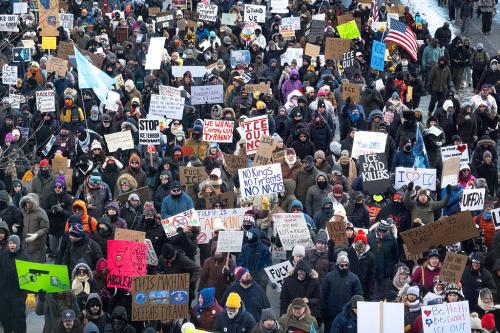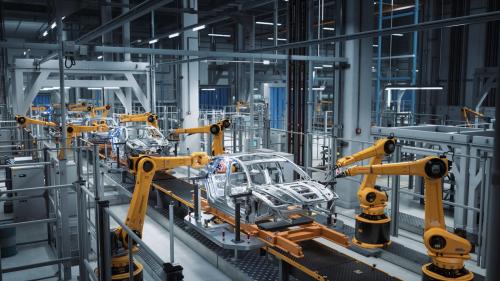

10:00 am EDT - 11:00 am EDT
Past Event
We know that a recession impacts infrastructure outcomes just like other sectors: households struggle to pay their transportation costs and utility bills, strained state and local budgets lead to project delays, and construction and other occupations will start to lose work. Amid these ominous trends, though, recessions can also offer valuable opportunities to improve infrastructure and expand economic opportunity. Lower interest rates make borrowing cheaper, and new spending can create immediate professional opportunities across a mix of design, construction, and operational jobs. The mix of short-term employment and long-term investment make infrastructure an attractive area for federal stimulus.
On Thursday, July 30, the Brookings Metropolitan Policy Program convened a conversation aimed at addressing the question, how could Congress design an infrastructure stimulus that responds to today’s recession while still making future-looking investments? Brookings Fellow Adie Tomer opened with a presentation of how the COVID-19 epidemic has impacted the nation’s infrastructure. A panel discussion followed, focused on the needs of households, the infrastructure workforce, and state and local governments during this time of great uncertainty and how a federal infrastructure stimulus could deliver greater prosperity.



Anthony F. Pipa, Adam Aley
March 2, 2026

Andre M. Perry
January 30, 2026

John C. Austin
January 22, 2026